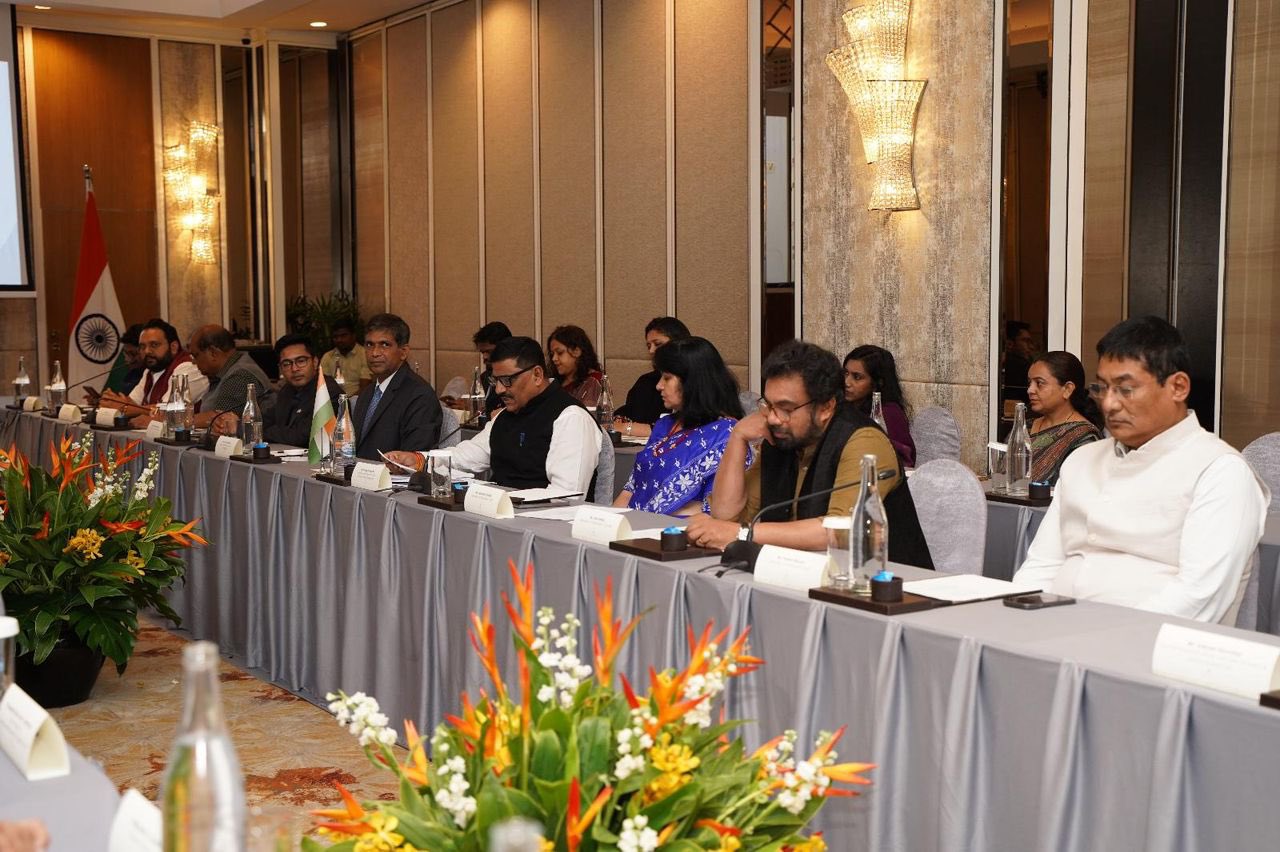Indian Delegation Stresses Zero-Tolerance to Terror in Kuala Lumpur
Continuing India’s 33-nation diplomatic outreach following the April 22 Pahalgam terror attack, an all-party parliamentary delegation led by MP Sanjay Kumar Jha conducted a series of high-level engagements in Malaysia on June 2, 2025, reinforcing India’s zero-tolerance policy towards terrorism and calling for greater international cooperation.
 |
| Image Source: MEA/FM on X |
The delegation held meetings with representatives from major Malaysian political parties, including Parti Keadilan Rakyat (PKR) and Democratic Action Party (DAP), as well as senior leaders from the Malaysian Indian Congress (MIC). Across all forums, the Indian side emphasized its principled stance on terrorism under Operation Sindoor, highlighting India’s right to respond with measured, responsible, and non-escalatory force against cross-border terror threats.
Key discussions included India’s decision to place the Indus Waters Treaty in abeyance, a move that underscores India’s position that “water and blood cannot flow together.” Malaysian leaders expressed understanding and support for India’s approach to terrorism and praised the comprehensive briefing provided by the delegation.
The Indian delegation also engaged with leading Malaysian think tanks and academic institutions, including the Asia Europe Institute, Economic Club of Kuala Lumpur, and the Institute of Strategic and International Studies. These conversations focused on India’s new security doctrine, its evolving rules of engagement, and the need for global consensus and actionable cooperation to tackle terrorism in all its forms.
In a symbolic moment, members of the Malaysian think tank community referred to the Indian group as the “Navaratnas from India,” commending the cross-party nature and democratic inclusivity of the delegation—consisting of nine MPs representing various Indian political parties.
The visit to Malaysia forms part of India’s post-Pahalgam hybrid diplomacy strategy, which blends strategic messaging with grassroots engagement, aiming to build international clarity and solidarity on terrorism. The heinous attack in Pahalgam, which killed 26 civilians, remains a key memory point being invoked across these global engagements.
The Malaysian visit reaffirmed that India, under the leadership of Prime Minister Narendra Modi, seeks to project a unified national position on terrorism, supported by broad domestic consensus and backed by international outreach.
Both India and Malaysia agreed on the need to expand dialogue, coordinate counterterror initiatives, and work closely to address the regional and global dimensions of cross-border terrorism.
